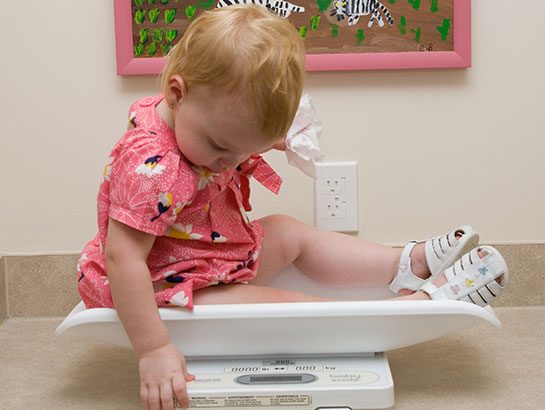New Year’s Resolutions
It's a New Year! Many of us are making resolutions. It's a great time to sit down with your child and encourage them to make a few of their own. Talk with your child about what's important and brainstorm on what to tackle. For example, is your child spending too much time indoors in front of the television or on the computer? Are they eating too many sugary foods? Do they drink several sodas a day? Are they having trouble getting to school on time? Resolutions are hard to stick to so narrow it down to just a few.
Below are some helpful tips for goal setting:
- Start with a positive approach. For example, instead of "I will not eat chocolate" substitute "I will eat fruit for dessert 5 times a week."
- Make the goals specific. "I will shoot hoops with my friends three times a week" instead of "I will exercise more."
- Make the goals measurable. "I will spend 15 minutes a day reading with my children" instead of "I will read more with my kids."
- Make the goal achievable. If the goal is sports related, find activities that fit the physical aptitude of your child. If your child doesn't have good hand eye coordination, basketball or softball may not be right for them.
- The goal should be realistic. If your child is wanting to play club soccer, can you get them to all the practices? Does your budget allow for the extra money involved to participate?
- Set a time frame. This will give you something to work towards.
So how do you get started? Make a list and then ask how and when. Each goal may need to be broken down into smaller ones. If your child wants to run in next year's Turkey Trot, you will probably want to start with smaller increments and increase slowly. A chart with rewards can be a great tool to use with younger children.
The ultimate goal is to turn your resolutions into habits. Good luck!












 Amanda Bodwell, DNP, RN, CPNP, was born and raised in Texas. She earned her Bachelor of Science in Nursing from the University of Oklahoma in 2002; her Masters in Nursing from the University of Texas at Arlington in 2005, and her Doctorate of Nursing Practice Degree from Texas Tech University Health Sciences Center in 2010. She has worked as a Pediatric Nurse Practitioner in the Dallas area since 2005 and as a pediatric nurse since 2002. Previous experience includes working for Children's Medical Center of Dallas in Cardiac Intensive Care and Pre-Surgical Assessment, Texas Health Presbyterian Hospital of Dallas, and the Dallas Independent School District.
Amanda Bodwell, DNP, RN, CPNP, was born and raised in Texas. She earned her Bachelor of Science in Nursing from the University of Oklahoma in 2002; her Masters in Nursing from the University of Texas at Arlington in 2005, and her Doctorate of Nursing Practice Degree from Texas Tech University Health Sciences Center in 2010. She has worked as a Pediatric Nurse Practitioner in the Dallas area since 2005 and as a pediatric nurse since 2002. Previous experience includes working for Children's Medical Center of Dallas in Cardiac Intensive Care and Pre-Surgical Assessment, Texas Health Presbyterian Hospital of Dallas, and the Dallas Independent School District.